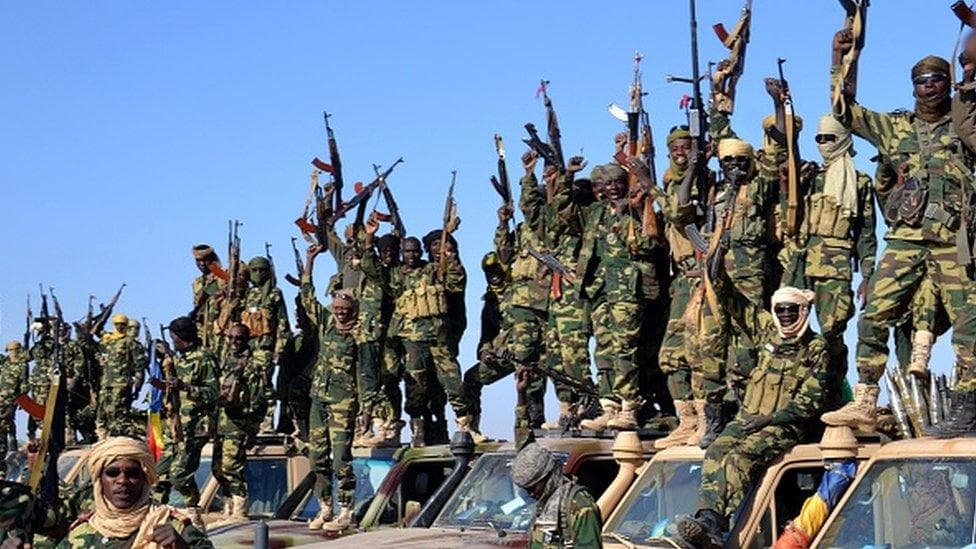Rising Tensions: Boko Haram Insurgency Escalates in Northeast Nigeria

The northeastern region of Nigeria is experiencing a renewed wave of insecurity as the Boko Haram insurgency continues to escalate. Recent months have seen a noticeable increase in attacks, with communities in Borno, Yobe and Adamawa states bearing the brunt of the violence. This resurgence comes despite years of military operations aimed at curbing the group’s influence and restoring peace in the region.
Attacks on villages, highways and military positions have grown more frequent and deadly. Residents of rural communities report night-time raids, abductions and looting. Roads connecting major towns are increasingly unsafe, with incidents of ambushes and improvised explosive devices causing casualties among civilians and security personnel alike. Markets, schools and places of worship have also come under threat, forcing many to flee their homes.

The current phase of the conflict reflects changes in the group’s tactics. Smaller, mobile units are used to conduct swift attacks, making it harder for conventional forces to respond effectively. The use of explosives and guerrilla-style warfare has intensified, and the insurgents appear to be taking advantage of gaps in security coverage, particularly in remote and difficult-to-reach areas.
This renewed violence has placed enormous pressure on the Nigerian military and other security agencies operating in the northeast. Despite ongoing aerial and ground operations, the sheer scale and adaptability of the insurgent threat continue to challenge government forces. Some outposts have been overrun and there have been reports of troops facing supply shortages and logistical setbacks.

The humanitarian situation in the region continues to worsen. Displacement figures are rising as more people abandon their homes in search of safety. Camps for internally displaced persons are overcrowded and under-resourced. Access to food, clean water and healthcare remains limited, with aid workers also facing security risks in the field. Education and agriculture have also been severely affected. Many schools in conflict zones remain closed, leaving thousands of children without access to learning. Farmers are unable to cultivate land due to fear of attacks, further aggravating food insecurity across the region.
Community leaders and civil society groups are calling for a more comprehensive approach to address the insurgency. They argue that military operations must be supported by initiatives that promote development, rebuild infrastructure and engage local populations in peacebuilding. Addressing poverty, unemployment and lack of access to education is seen as essential to reducing the influence of insurgent groups.

